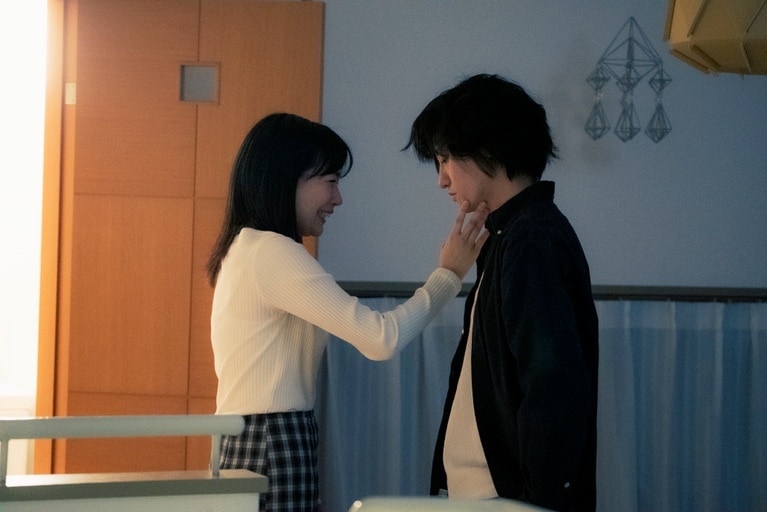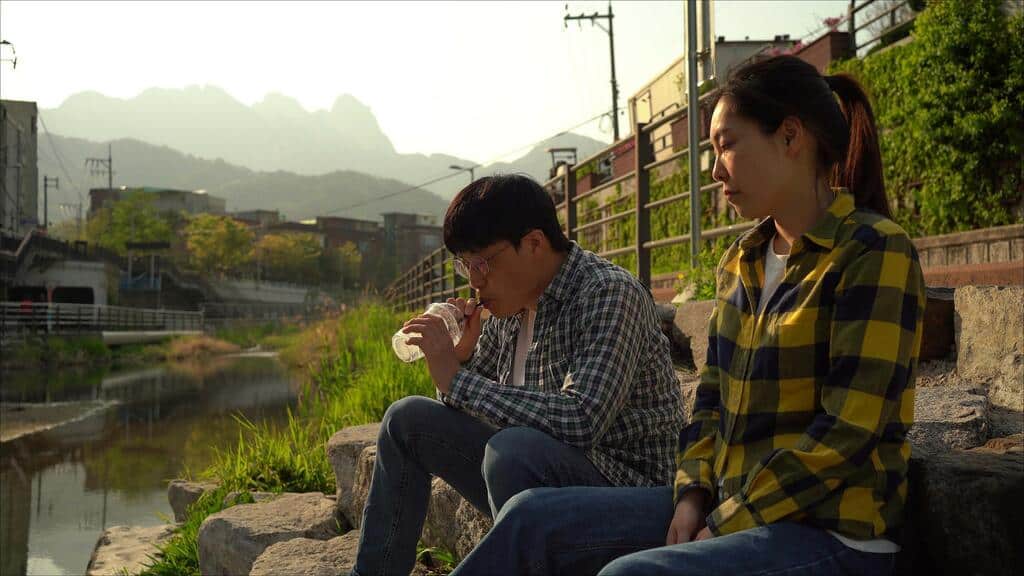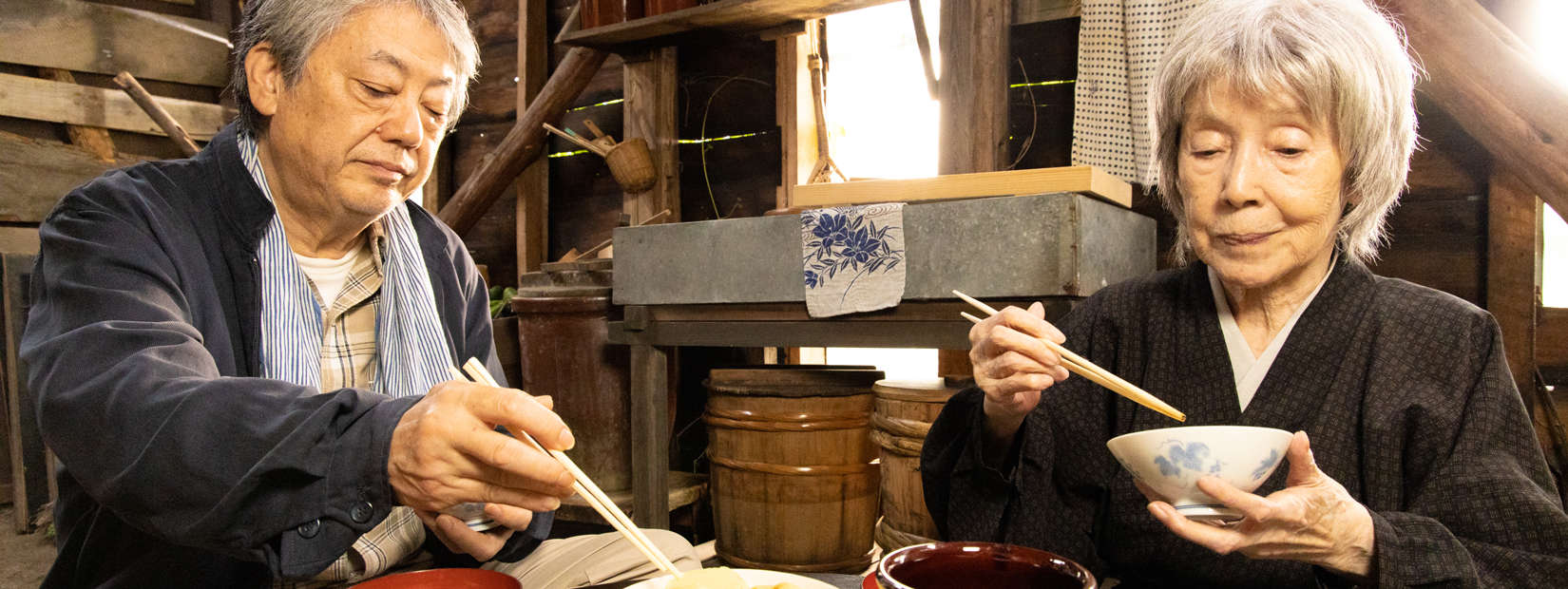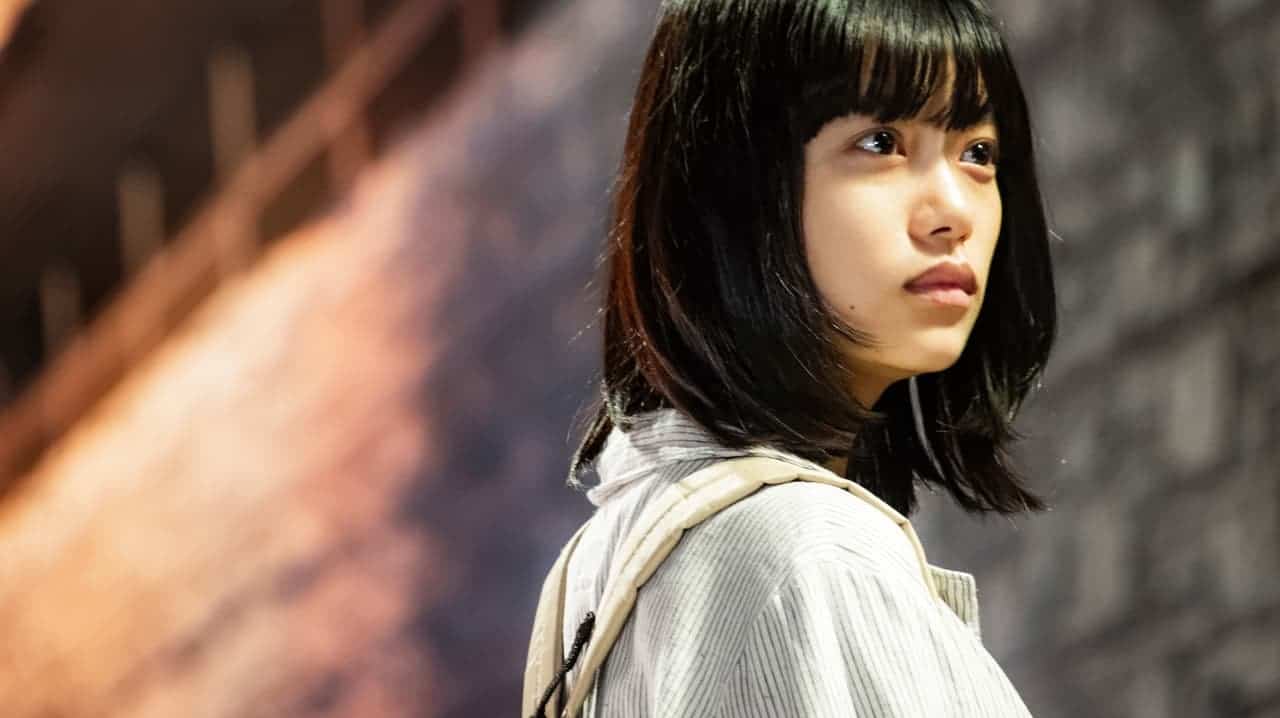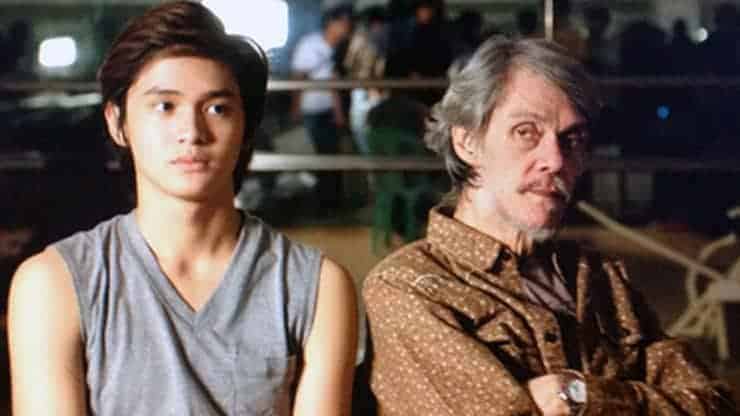Erroneously romanticised has been the transition into adulthood, a rite of passage taking on no one form across the vastness of cultures and sociologies seen the world over; by design this serialised levelling up involves the paths of career, wealth, and family, usually all interlocking under the banners of manhood and womanhood, presenting themselves as milestones while seldom considering the exponentially prominent requirement of contingencies to take effect should said transition meet bumps along the road. The privileged pinnacle of youth manifests in the decisions taken towards these heavily trivialised stepping stones; more often than not life, it would seem, has other ideas in mind not as some predestined twist of fate but as cruel twists of the blade pushing ever deeper into an already open wound. Innocence, and naivete, become abandoned, and the vessels they were once attached to are assaulted daily by the grim realities of the world outside of the classroom. Takuya Kato's feature-length debut could not have come at a more appropriate time as the aptly-titled “Grown Ups” is as much a bleak reality check as it is a numbing indictment on the poisonous world women are forced to navigate every single day.
Grown Ups is screening on New York Asian Film Festival

Having recently discovered she is pregnant, Yumi (a devastatingly authentic performance from Mai Kiryu), a graphics design student, is uncertain as to who the father could be, though is decidedly sure it could only be one of two people. When she tells her boyfriend Naoya, (Kisetsu Fujiwara) he is initially jubilant for her, but over time begins to obsess over who the biological father could be despite his proclamation he will raise the child as his own, regardless of whether or not he is the father. As her morning sicknesses and nausea begin to deteriorate so too does the fabric of their newly-rekindled relationship, with tensions simmering as the realization of their predicament begins to weigh down on their own ambitions – most notably Naoya, who one day dreams of running his own theatre company, a goal he feels has now been threatened with the prospect of a new arrival.
Seeping with a prescient melancholia from the very beginning, Kato's film masterfully keeps its audience at arms length as it unravels the frictions and tensions festering at its core: the introduction to Yumi and Naoya not as individuals but as an unbalanced symbiotic organism feeding off one another sparks general concern for their wellbeing. Throughout, the audience is kept at arms length – no truth ever unveiled and not even a single font revealed – reliant solely on the reactionary and the subjective, isolating the viewer as much as Yumi becomes; as “Grown Ups” navigates its web of timelines until its harrowing conclusion – one which verges toward an all-too relatable horror – Yumi's loneliness becomes all the prominent. Surrounded by creepy men, unpleasant friends, and beset by the consequences of one mistake, her vibrant carefree existence becomes just as threatened as Naoya's pipe-dream. Kato's modern mirror is a distressing one, a fairytale gone awry, one which has been meticulously constructed to allow each solitary splinter its own moment in the spotlight, fracturing the glass at perfectly timed intervals.
As much a film about the blossoming toxicity between the two leads as it is Yumi's own disappointing rite of passage into adulthood, one so many millennials and beyond have crawled through, “Grown Ups” delights in alienating its central performance, forcing Yumi to jump through hoops in order to eek out a satisfactory existence. Kiryu astounds as the student subjected by cruel twists of fate: her portrayal is grounded in an uncomfortable realism, absorbing her character's ills and woes and magnifying them on screen with subtle intensity. Fujiwara, as the lazy, self-centered, gaslighting Naoya, takes to his role much like a slacker would take to a couch, fleshing out his character's unlikeability with a narcissistic glimmer, all too believable as a man who would ask his vomiting girlfriend to make him food. Between them nothing is on the nose: they both imbue their wholes with muted authenticity, their widening vitriol and disdain for one another manifests such bitterness it dulls the color palette the more the film ages.
As per the intricate storytelling, the visuals tell us more than the characters ever could: more than a mere ruse to differentiate the timelines from one another, the changing tones, lighting, and even framing speak volumes here, elements more trustworthy than whatever is denied to the viewer. Such visual cues may come across as prudent and obvious but they are what make “Grown Ups” an unsettling delight, coupled with how these timelines are threaded together. Shota Nakajima's lens is deceptive yet genius whilst Masanori Tanigawa's fleeting, oft absent score punctures the ambience only when necessary, accentuating the prolonged silences until even a pin drop can be heard. This is why Kato's debut works so well – it is pure cinematic equilibrium dependent not on the story itself, no matter how stark, but on its execution.
Drawing multiple parallels with Emma Jane Unsworth's 2020 novel “Adults”, “Grown Ups”' downward spiral is as much a sobering meditation on efflorescent adulthood as it is cry for help, a helping hand, a guiding light. Its plight for women can be heard echoing in the silence, at its isolated depths; a voice screaming so loudly not a soul appears willing to provide support. As the desperation to feel alive worsens so too does Yumi's essence, plunging her frightfully towards violence. Arguments over peas spiral out of control as the two attempt to decipher their predicament and, thanks to a powerfully natural script, such trivialities – not unlike the others running rampant in this film – leave wounds at every barb and every jab inflicted. Emptiness floods through these wounds, and the hopes of brighter days allude even the most optimistic and hopeful of cinephiles.


